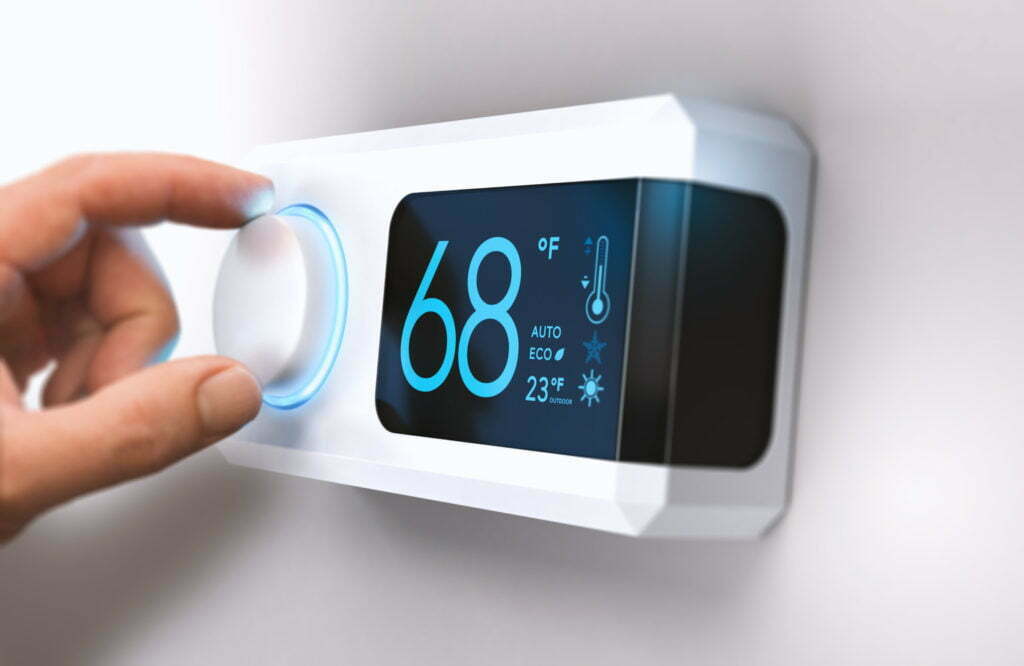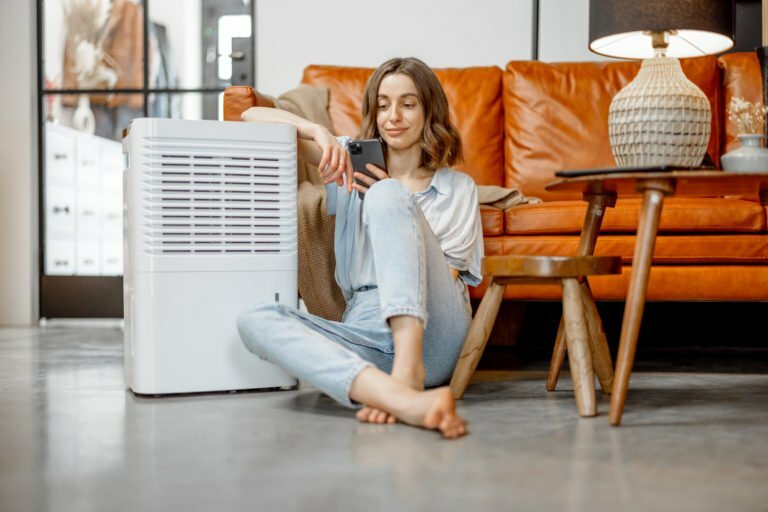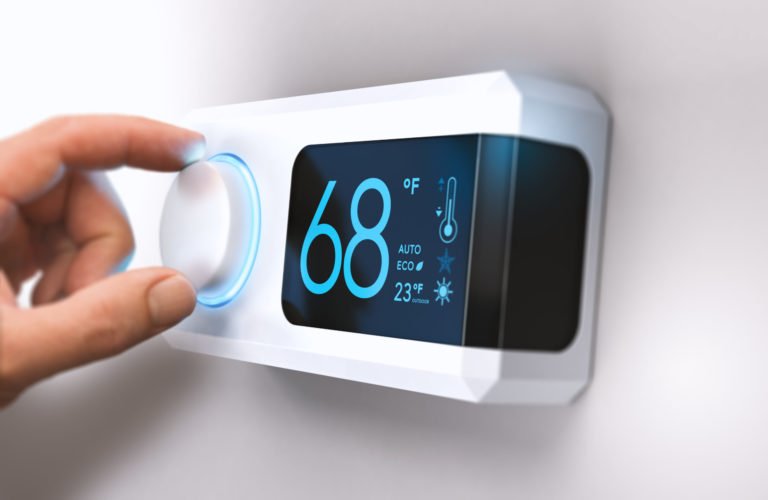When the weather outside is frightful, the last thing you want is for your heat pump to go on the fritz. But when it does, you can take comfort in knowing that replacing it is not as difficult as it might first seem. A qualified HVAC professional can help you find the perfect equipment for your home and install the new heat pump with relative ease. But how do you know when it is time to consider a replacement?
The average lifespan for a well-maintained heat pump is around 15 years. With excellent care and maintenance, you may be able able to get 20 years or more out of your heat pump. However, around this point, they start accumulating a host of chronic issues that make it increasingly expensive to keep the system up and running. If your heat pump is over 15 years old, you might want to start thinking about new equipment. Let’s take a look at some signs that it is time for a heat pump replacement.
Reduced Efficiency
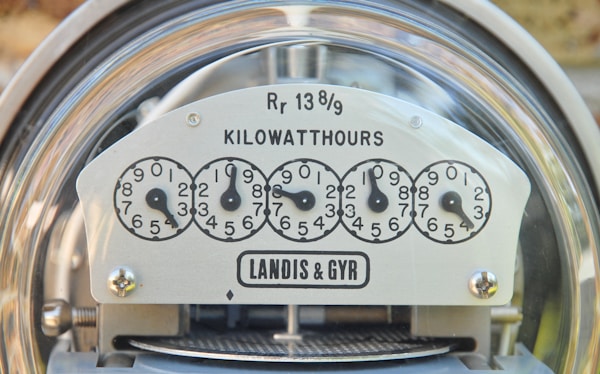
As discussed, the average lifespan of a heat pump is about 15 years. As your heat pump ages, it will become more and more inefficient. Regular annual maintenance can help to maintain a good deal of that efficiency, but eventually, the parts will wear out, and the efficiency loss can’t be recovered. As your heat pump tries to compensate, the compressor and other parts will run longer and work harder. This will increase your overall energy usage and drive up the operating cost of the system.
Depending on where you live, fluctuations in energy usage and utility bills are normal with seasonal changes. However, if your heat pump costs a lot more to run than it has in previous years, it might be time to consider a replacement. A qualified HVAC technician can evaluate your system and offer suggestions for your older, inefficient heat pump.
Frequent Repairs
Another sign of a failing heat pump is an increase in the need for repairs and maintenance. If you find that your heat pump needs frequent repairs, it is usually due to the system finally succumbing to years of wear and tear. Heat pumps are a complex system, and the various components inside will become more susceptible to breakdowns as they age and wear down. Frequent heat pump repairs can be frustrating and expensive.
If you’re finding that your heat pump is needing repairs multiple times a year, it might be time to consult with a professional about getting a new one. This is especially true if the cost of repairs exceeds 50 percent of the cost of a new heat pump. A professional can help you figure out if it’s time for a new pump and can help you choose the best system for your needs.
Inconsistent Temperatures
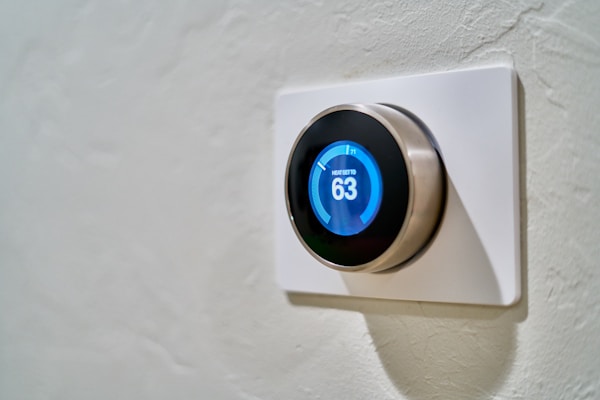
Depending on where you live, the summer and winter conditions could be quite extreme. As a result, you rely on your heat pump to keep your home comfortable. As your system ages, however, normal wear and tear could create inconsistent temperatures in your home. An aging system that has been in service for several years may begin to struggle to keep up with the temperature demands on your house. While the majority of homes have a few hot or cold spots due to various factors, if you notice an increase in these conditions, your aging heat pump could be to blame. To combat inconsistent temperatures and fluctuating conditions in your home, you might want to consider a replacement heat pump.
Heat pumps are often used to heat and cool homes. Homeowners love these systems because they provide years of reliable, energy-efficient comfort. However, there comes the point when heat pump replacement is needed. In general, if your system is older than 15 years or you are encountering higher energy bills and the need for more frequent repairs, it might be time to consider replacing your heat pump.

